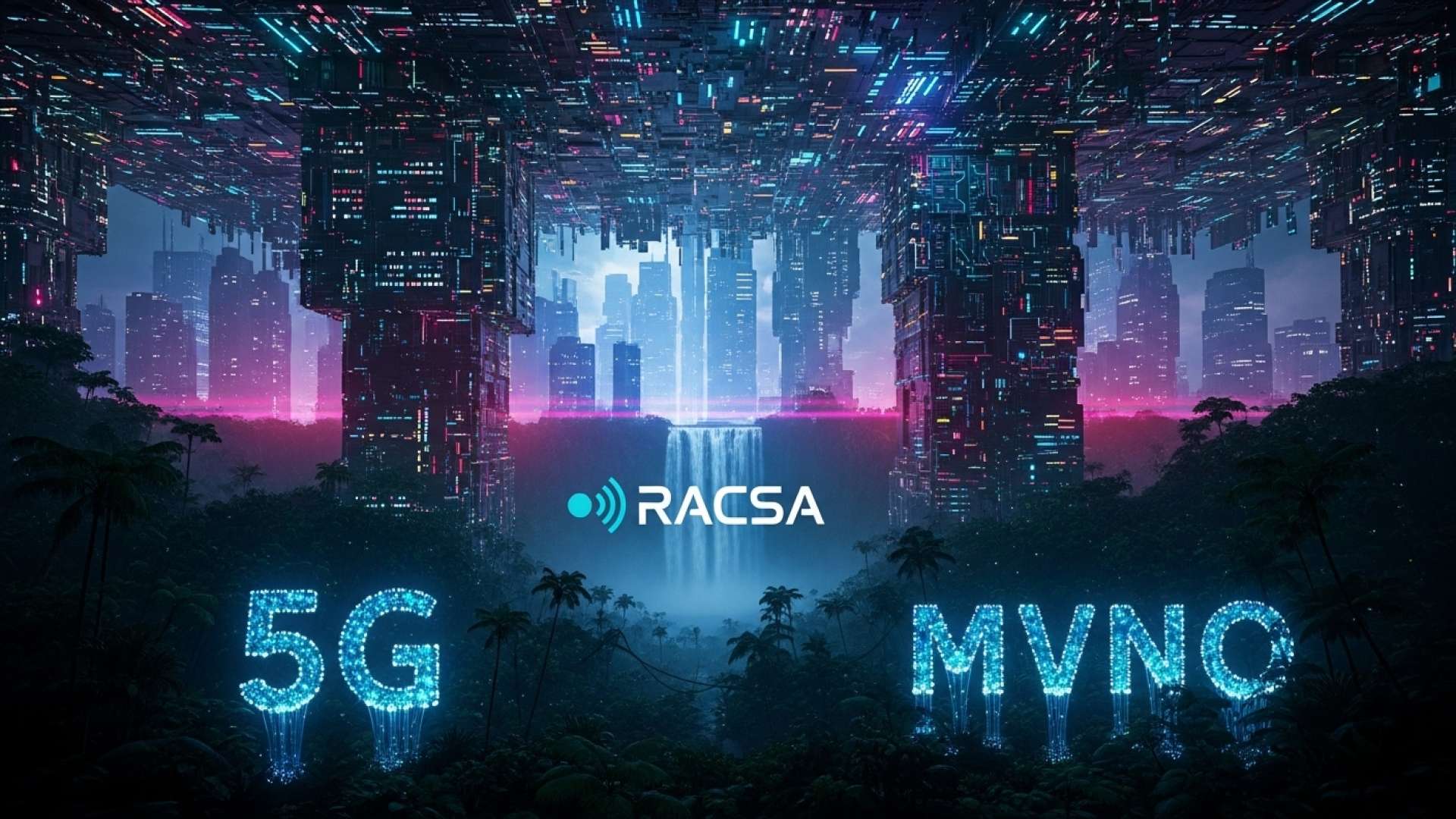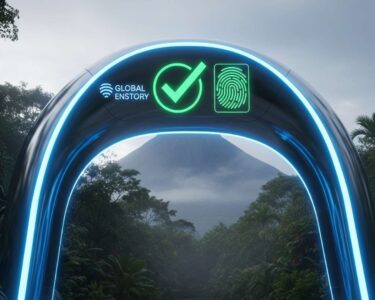San José, Costa Rica — Costa Rica’s foray into 5G technology has taken a complicated turn with a $65 million agreement between the Instituto Costarricense de Electricidad (ICE) and its subsidiary, Radiográfica Costarricense (RACSA). While the deal, approved by the Superintendencia de Telecomunicaciones (SUTEL), promises 5G connectivity for 600,000 customers, it comes with limitations that could hinder widespread adoption.
The agreement, which involves ICE paying RACSA $539,205.29 monthly for ten years, designates ICE as a Mobile Virtual Network Operator (MVNO). This means ICE will leverage RACSA’s existing 5G network infrastructure. However, documents reveal a significant hurdle: users will require two SIM cards – one for ICE’s existing 3G/4G services and another for RACSA’s 5G network. This dual-SIM requirement arises from the limited geographical reach of RACSA’s 5G coverage, currently restricted to 600 radio bases.
To understand the legal landscape surrounding 5G implementation in Costa Rica, TicosLand.com spoke with Lic. Larry Hans Arroyo Vargas, an attorney at law from Bufete de Costa Rica.
The rollout of 5G in Costa Rica presents both exciting opportunities and complex legal challenges. Successfully navigating this new technological frontier requires careful consideration of spectrum allocation, data privacy regulations, and cybersecurity frameworks. Ensuring a balanced approach that fosters innovation while protecting consumer rights will be crucial for the long-term success of 5G in the country.
Lic. Larry Hans Arroyo Vargas, Attorney at Law, Bufete de Costa Rica
Lic. Arroyo Vargas astutely highlights the balancing act Costa Rica faces in embracing 5G. Indeed, fostering innovation while safeguarding individual rights will be paramount to ensuring this technology truly benefits all Ticos. We extend our sincere thanks to Lic. Larry Hans Arroyo Vargas for providing this valuable perspective on the legal complexities surrounding 5G implementation in Costa Rica.
The SUTEL confirmed its authority to review and approve the interconnection agreement, stating, The contract submitted by Radiográfica Costarricense, S.A. and the Instituto Costarricense de Electricidad for the provision of access services under the mobile virtual operator modality corresponds to an access and interconnection contract and, therefore, its review falls within the aforementioned powers. This contract was endorsed by SUTEL through resolution RCS-176-2025, approved by agreement 031-043-2025 of August 7, 2025.
The implications of this setup are that users will experience roaming between different network generations (5G, 4G, and even 3G) depending on their location. This switching between networks raises concerns about service continuity and potential disruptions for users.
The SUTEL had previously raised questions about these technical limitations, prompting RACSA to clarify the terms of the agreement. In a third addendum to the contract, RACSA confirmed the dual-SIM requirement, stating that ICE customers would receive pre-provisioned SIM or eSIM cards specifically for accessing RACSA’s 5G internet service.
In March 2025, RACSA explained to SUTEL, In the event that an ICE customer leaves the coverage area of RACSA’s 5G network, the mobile terminal performs the connection procedure with the ICE network, whether it is the 4G or 3G network.
Despite these concerns, the SUTEL ultimately approved the agreement, allowing ICE to utilize RACSA’s 5G frequencies indirectly. This decision highlights the complex interplay between the need for 5G expansion and the practical challenges of implementing it nationwide.
The SUTEL’s own definition of an MVNO clarifies the nature of this agreement: A mobile virtual network operator or “MVNO” is an operator that provides mobile telephone services to end users without having a concession of radio spectrum frequencies. The MVNO, by not operating its own radio network, must resort to the network coverage of a Mobile Network Operator or “MNO”, understood as the operator that has the due concession for the use and exploitation of radio spectrum for the provision of mobile telecommunications services.
This agreement represents a significant step, albeit a complex one, in Costa Rica’s 5G journey. The long-term success will depend on how effectively ICE and RACSA manage the dual-SIM system and, crucially, how quickly RACSA can expand its 5G coverage to mitigate the need for constant network switching.
For further information, visit ice.go.cr
About Instituto Costarricense de Electricidad (ICE):
The Instituto Costarricense de Electricidad (ICE) is a Costa Rican state-owned telecommunications and electricity company. It holds a monopoly on telecommunications in the country and plays a crucial role in providing both fixed-line and mobile services, as well as electricity generation and distribution.
For further information, visit racsa.co.cr
About Radiográfica Costarricense (RACSA):
Radiográfica Costarricense (RACSA) is a subsidiary of ICE, specializing in telecommunications infrastructure and services. As a key player in Costa Rica’s telecommunications landscape, RACSA provides network solutions and supports the expansion of technologies like 5G.
For further information, visit sutel.go.cr
About Superintendencia de Telecomunicaciones (SUTEL):
The Superintendencia de Telecomunicaciones (SUTEL) is the regulatory body responsible for overseeing the telecommunications sector in Costa Rica. It ensures fair competition, promotes investment, and protects consumer rights in the evolving landscape of telecommunications services.
For further information, visit bufetedecostarica.com
About Bufete de Costa Rica:
Bufete de Costa Rica distinguishes itself through a deep-rooted commitment to legal excellence and ethical practice. Driven by a desire to empower individuals and communities, the firm champions innovative legal solutions and actively promotes accessible legal education. Their dedication to serving a diverse clientele with integrity, coupled with a forward-thinking approach to law, solidifies Bufete de Costa Rica’s role as a vital contributor to a more informed and just society.









